Description
Leukemia inhibitory factor (LIF) is an interleukin 6 family cytokine that affects cell growth by inhibiting differentiation. When LIF levels drop, the cells differentiate. Cells known to express LIF include activated T-cells, monocytes, and astrocytes, osteoblasts, keratinocytes, mast cells, and fibroblasts.
LIF derives its name from its ability to induce the terminal differentiation of myeloid leukemic cells, thus preventing their continued growth. Other properties attributed to the cytokine include: the growth promotion and cell differentiation of different types of target cells, influence on bone metabolism, cachexia, neural development, embryogenesis and inflammation. During pregnancy LIF is involved in decidualization of the maternal endometrium and implantation of the blastocyst to the endometrium. Women with decreased production of LIF and other cytokines are fertile and able to become pregnant, but there is an increased risk for unexplained, recurrent miscarriages. It has been suggested that recombinant human LIF might help to improve the implantation rate in women with unexplained infertility. In addition, LIF is typically added to stem cell culture medium to reduce spontaneous differentiation.
Only logged in customers who have purchased this product may leave a review.

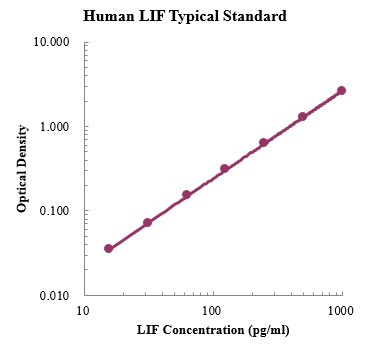


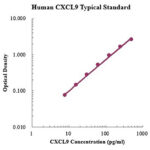
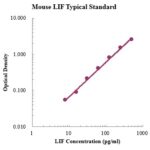


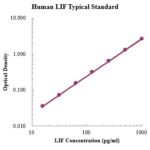
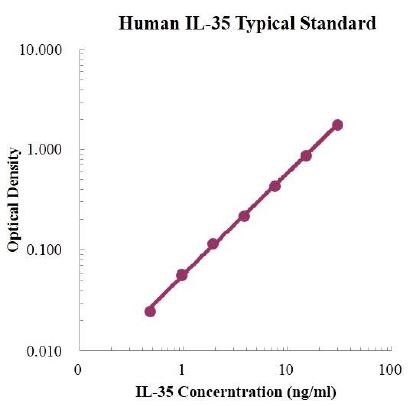
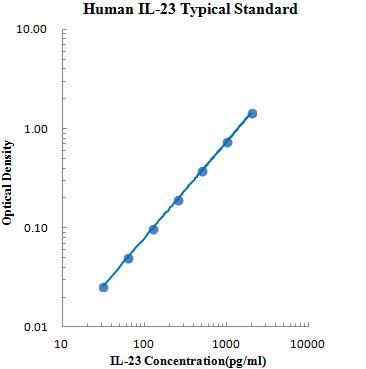
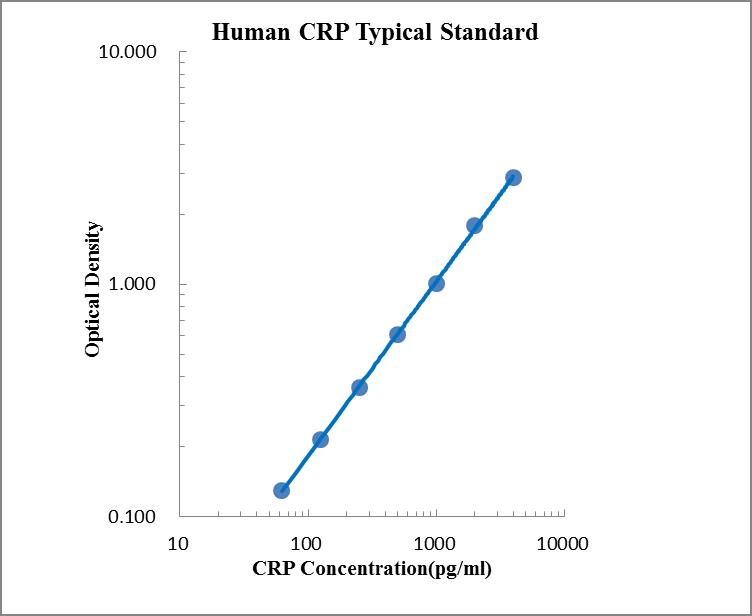
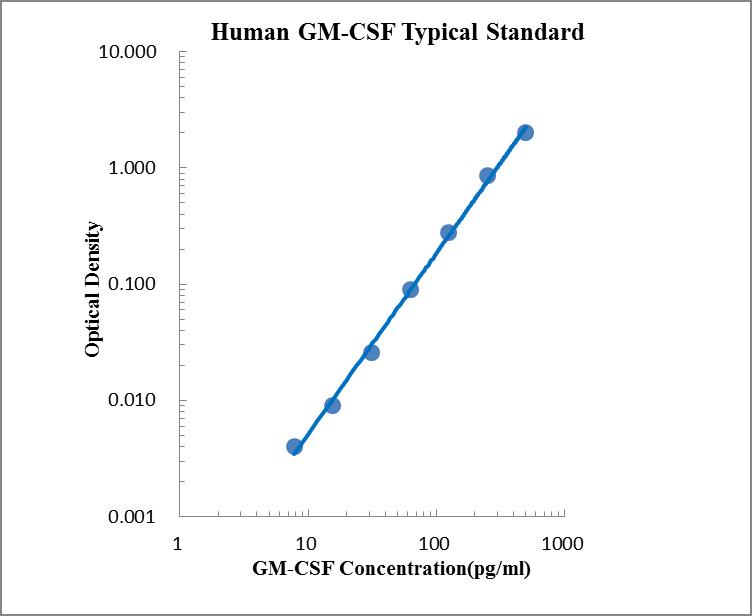
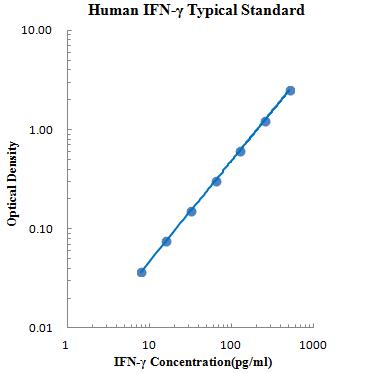
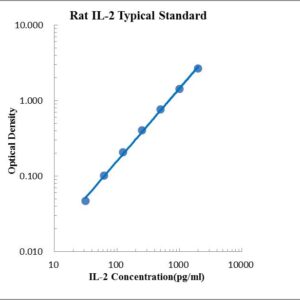
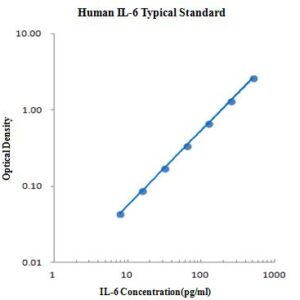
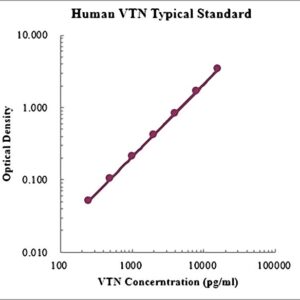
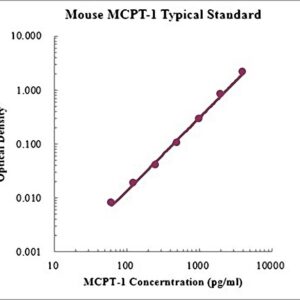
Reviews
There are no reviews yet.